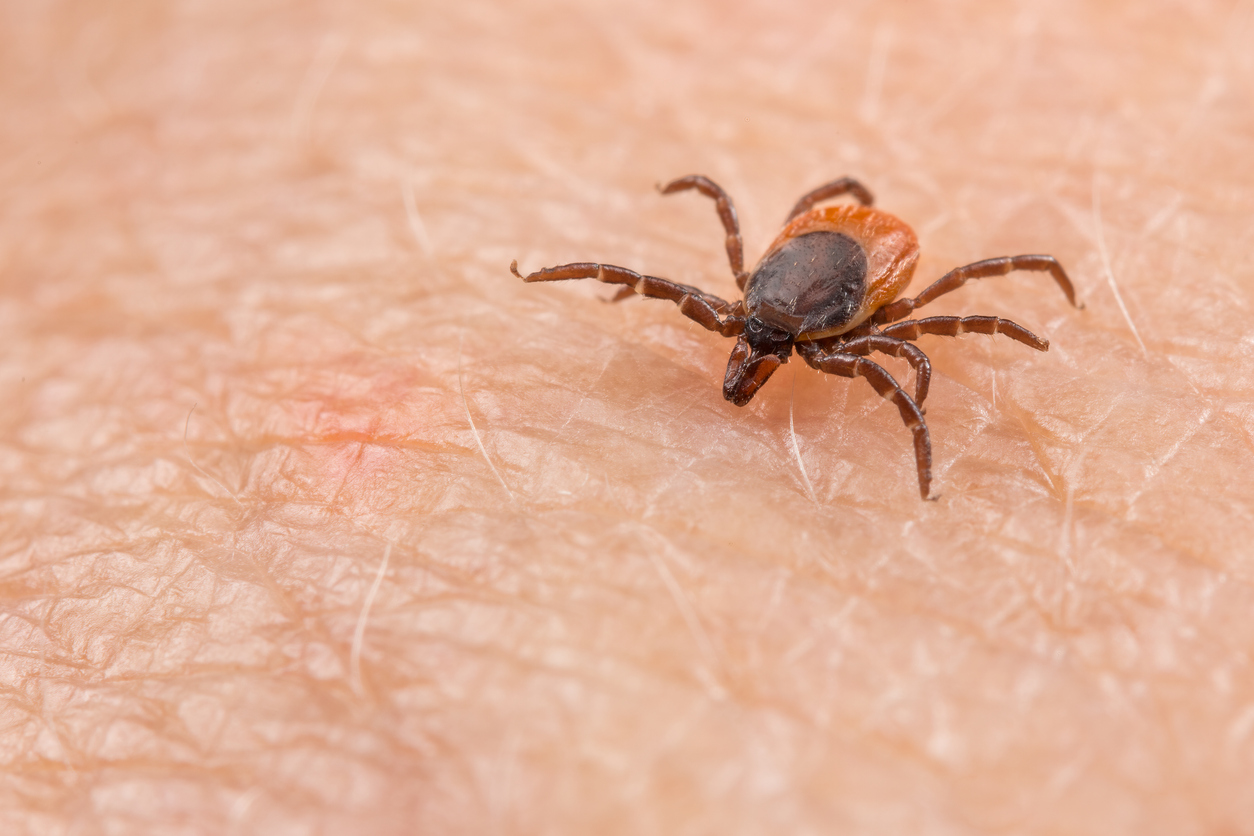Many homeowners in St. Louis assume that pests go dormant or disappear until spring. But colder months drive pests indoors as they seek warmth, food, and shelter. These unwanted guests may look for ways to slip into basements, attics, and kitchens. Without preparation, your home can become a safe haven for them.
Fortunately, Pointe Pest Control provides customized treatment plans and ongoing protection programs to keep homes secure. The company has been serving the city for more than two decades. They employ certified and licensed technicians who can solve all types of pest issues. Keep reading to learn about why pest activity continues in the cold weather:
Rodents Move Indoors for Shelter
Mice and rats can slip through tiny gaps around foundations, windows, or utility lines. They build nests in attics, basements, and wall voids. They can damage insulation and chew wires. Also, they can contaminate food and spread harmful diseases. Their activity often increases in colder months as they search for dependable shelter.
Cockroaches Thrive in Warm Environments
Cockroaches flourish wherever there is heat and moisture. That is why kitchens, bathrooms, and basements are their ideal spots in the winter. These insects spread bacteria and trigger allergies.
Spiders Stick Around in the Cold
Many species of spiders prefer indoor areas such as garages, basements, and attics when temperatures fall. Most spiders are harmless, but their presence can be unsettling. The brown recluse spider poses serious health risks. Spiders can be drawn to a home due to the presence of clutter, dark corners, and other insects.
Ants Can Still Be a Problem
Some ant colonies build nests under heated foundations or inside walls. They will continue to forage indoors if they find food sources in pantries or kitchens. Ants are not easy to eliminate as their colonies may be hidden underground.
Silverfish and Other Moisture-Loving Pests
Silverfish and centipedes thrive in damp, cool environments. That is why they can be found in basements and bathrooms during the colder season. Silverfish can damage books, wallpaper, and fabrics. Centipedes feed on smaller insects. Without proper moisture control, these pests can quietly establish themselves during the winter months.
The Problem with Bed Bugs Year-Round
Bed bugs do not depend on the weather to survive, so winter does nothing to slow them down. Bed bugs spread easily through luggage, secondhand furniture, or clothing. They hide in mattresses, couches, and baseboards. Their bites can cause itchy welts, making them one of the most stressful pests to deal with in any season.
Termites Continue to Cause Damage
Termites may not be as visible in the winter as they are in the spring, but their colonies remain active underground or inside wooden structures. They continue to feed on wood around the clock, creating costly structural damage. Without professional detection, a homeowner might not realize termites are present until the damage has advanced.
Fleas and Ticks Indoors During Winter
Freezing temperatures can reduce outdoor populations of fleas and ticks. However, these pests often survive indoors by latching onto pets or nesting in carpets and upholstery. Heated homes provide the perfect environment for them to continue reproducing. Thus, homeowners and their pets can still face bites and health risks during the coldest months of the year.
Wasps and Other Insects Hiding Indoors
Some stinging insects like wasps may die off in winter. But their queens may seek out warm, sheltered spaces to survive until spring. They can stay undisturbed in attics, wall voids, and sheds. These queens may emerge and start new colonies near or inside homes when the temperature rises. Addressing these overwintering insects early can help prevent an unpleasant surprise when warm weather returns.








